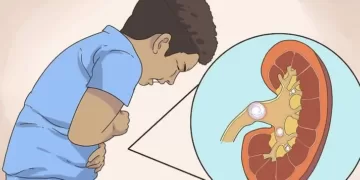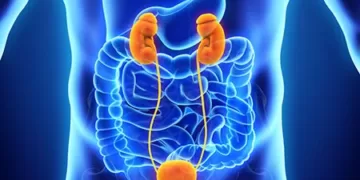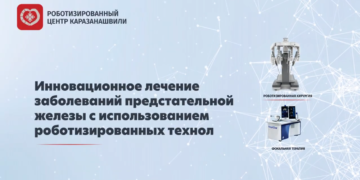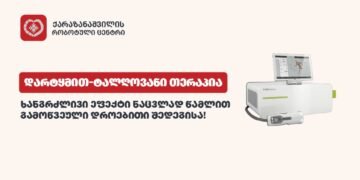What is vesiculitis -Vesiculitis, or spermatocystitis, is an inflammation of the seminal vesicles, paired organs of the male reproductive system,
located near the prostate gland. It can proceed both acutely and bilaterally.
80-85% of patients have bilateral vesiculitis. Acute vesiculitis often becomes chronic.
Inflammation of the seminal vesicles is caused by specific pathogens (enterococci, Escherichia coli, staphylococci), as well as specific infectious agents (for example, gonococcus, Trichomonas and others). Aseptic vesiculitis can develop due to stagnation of blood in the pelvis and impaired tone of the seminal vesicles as a result of sexual abstinence.
Vesiculitis rarely develops as an independent disease. The inflammatory process in the seminal vesicles, as a rule,
develops as complications of acute and chronic pathologies (urethritis, epididymitis, prostatitis).
Vesiculitis can be complicated by such inflammatory diseases (acute) as tonsillitis, influenza, or also osteomyelitis and other chronic pathologies.
Vesiculitis accompanies chronic prostatitis. Its occurrence is facilitated by a sedentary working mode, general chronic hypothermia, a violation of the normal rhythm of sexual activity, a decrease in immunity, and constipation.
What is characteristic of vesiculitis
Acute vesiculitis is characterized by an unexpected onset. At this time, the body temperature rises, the patient is worried about headache and fever. The disease is characterized by pain in the groin, rectum and pubis. The pain syndrome increases with defecation and bladder filling. The pain is sometimes transmitted to the lumbar region. When defecation is often accompanied by mucus and other types of discharge from the urethra (prostorrhea). Sperm sometimes contains a trace of blood (hemospermia). Some patients have frequent urination, night long and rapid erection.
In acute vesiculitis, the most common form is catarrhal. If the inflammatory process has switched to
nearby tissues (spread), then they talk about paravesiculitis.
What is vesiculitis
Chronic vesiculitis is characterized by mild pain in the perineum, coccyx, and rectum. Pain is often transmitted to the genitals. There is also an increase in urination, a prolonged nighttime erection, blood may appear in the urine, and sexual dysfunction. erection at this time is painful, the quality of orgasm is reduced, and sometimes disappears altogether. In some patients, chronic vesiculitis occurs either without symptoms at all, or the symptoms are very mild.
What complications accompany vesiculitis
Untreated vesiculitis can be complicated by suppuration of the seminal vesicles (empyema). In the chronic form of the disease, in the case of inflammation spreading to the epididymis, chronic epididymitis develops. And chronic bilateral epididymitis can cause an obstructive form of infertility.
How is vesiculitis diagnosed?
Diagnosis of this disease is the prerogative of a urologist. The patient undergoes a rectal examination (through the rectum) with a finger, an ultrasound examination of the genital organs (the seminal vesicles are enlarged), an analysis of the secretion of the seminal vesicles (usually, a large number of leukocytes and erythrocytes appear), a general blood and urine test (the presence of an inflammatory process is confirmed).
The results of the spermogram reveal hemospermia (the presence of blood in the semen), an increase in the stickiness of the semen, a change in the amount of ejaculate (increase or decrease in volume), a decrease in the number and speed of movement of spermatozoa.
Treatment
Vesiculitis is treated comprehensively. Treatment includes antibiotic therapy in combination with painkillers and laxatives (according to the patient’s condition), physiotherapy, therapeutic baths, heating pads and microclysters. With empyema, surgical intervention is indicated – the evacuation of pus by puncture of the seminal vesicles and subsequent drainage.
The article was published in 2018.
Karazanashvili Robotic Center offers the treatment of vesiculitis with methods that meet international medical standards











